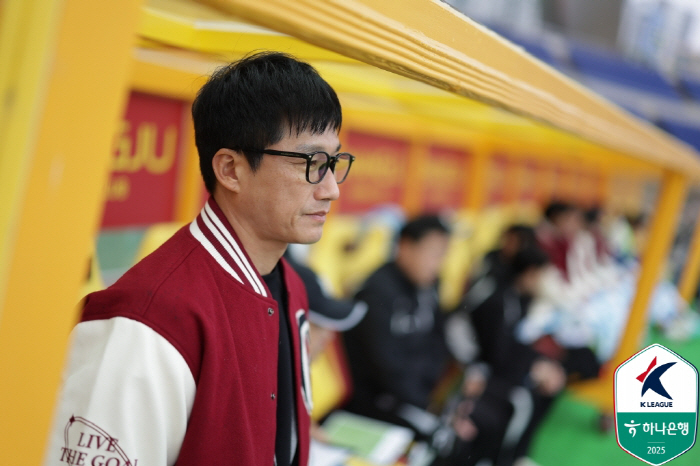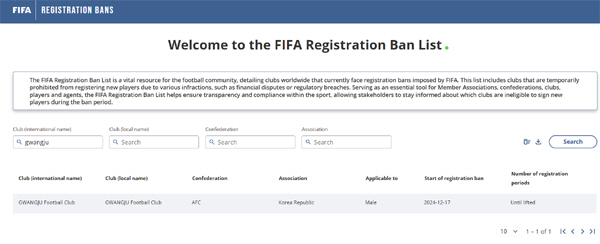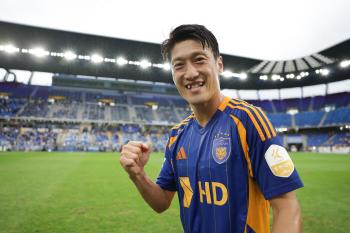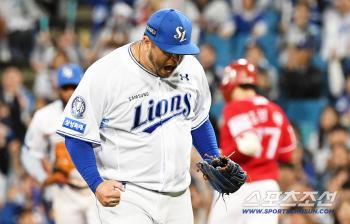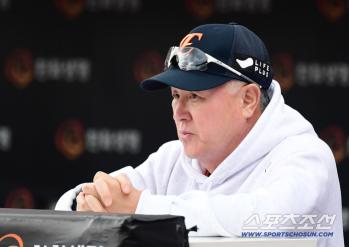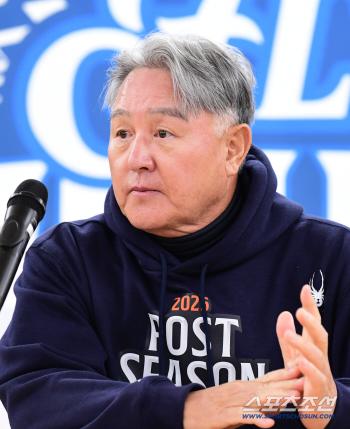Gwangju Solidarity Contributions not paid → The whole story of the FIFA disciplinary controversy, a major accident or happening caused by talent...I paid for it, but it's unfair in Gwangju
May 15, 2025
|
Gwangju is suspected of failing to pay Asani's solidarity contribution, which he hired in 2023. Solidarity contributions are money paid when a professional player moves internationally to a team in another country before the contract expires and a transfer fee is incurred. Clubs that recruit players through transfers must pay a certain percentage of solidarity contributions to each team to which the player belongs from the age of 12 to 23. FIFA implemented the 'clearing house system' in November 2022 to simplify the complicated procedure. It is a form of calculating the distribution of solidarity contributions and training compensation from FIFA's 'Clearing House' and distributing them to the club.
FIFA ordered the Gwangju club to pay about 31 million dollars (about 4.3 million won) in solidarity contributions to Asani's former team. Although Gwangju requested payment twice last year, it seems to have decided that it did not pay. FIFA eventually put Gwangju on the list of prohibited registration. FIFA provides information on clubs around the world that are currently banned from FIFA's registration of players. The list included clubs that were temporarily banned from registering players due to various violations, including financial disputes and violations of regulations. 'The FIFA registration ban list, which serves as an essential tool for member countries' associations, federations, clubs, players, and agents, helps ensure transparency and compliance within the sport, allowing stakeholders to identify which clubs are ineligible for new players during the ban period,' it reads.
FIFA stated that disciplinary action will take effect from December 17, 2024. The disciplinary deadline is 'until payment is made. A fine of 50 million Swiss francs (about 8.4 million won) for joint contributions and non-payment will be removed from the list only when the payment is confirmed in full. As specified by FIFA, the list of players prohibited from registering is a database that allows stakeholders related to player recruitment to determine which club is ineligible for player recruitment. It is also accessible to the general public. This means that the possibility of FIFA's administrative error is small, as some have raised.
|
In the process, the Korea Football Association, which oversees player registration through the Professional Football Federation, a higher-level organization, registered players. As a result, the association, the federation, and the Gwangju club violated FIFA's disciplinary action.
Gwangju's transfer players were also included in the Asian Champions League squad and played in the K-League and Champions League stages. In the Champions League, he surprised the Asian soccer community by reaching the quarterfinals in a surprise move. A domestic soccer official said 'Players recruited during the prohibition period are likely to be considered as 'bad players'. We can't rule out the possibility of forfeiting a game played by suspected irregularities. Japan's Sanfrecce Hiroshima forfeited and lost in the first round of the Champions League 2 quarterfinals against Ryan City last season for putting in Valerie Germain 'Dishonest player'. Hiroshima, which lost 0-3 in the first game, drew 1-1 in the second game and was eliminated. Germain was unable to play against Ryan City due to a three-game suspension from his former team.
Gwangju is optimistic that there will be no major problems, saying it is a "sanction, not disciplinary action". On the 13th, they are waiting for an answer after 're-transferring' solidarity contributions and fines to FIFA. A transfer market official said "I hear that the business process is not smooth not long after FIFA introduced the clearing house." An association official said on the 15th that `we are aware of the case and are finding out the truth.' As soon as the solidarity contribution is paid, FIFA's judgment on whether it will end with one happening or whether additional sanctions will be imposed seems important in many ways.
This article was translated by Naver AI translator.
